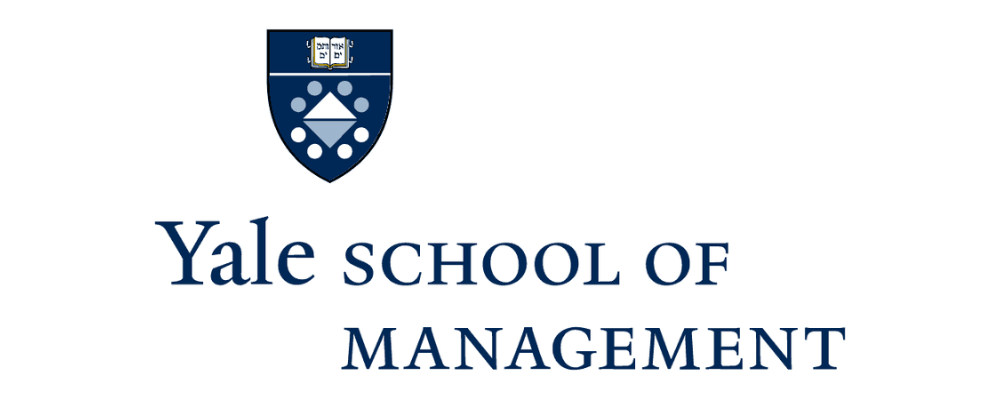
Should corporations invest in green production methods, offer employees generous health benefits, or allow employees time during the work week to volunteer? Whether and how for-profit companies should invest in corporate social responsibility (CSR) and other forms of socially motivated spending is hotly debated. Some argue that companies have a responsibility to their broader society. Others insist that the sole focus of the corporation should be shareholder value.
Kelly Shue, a professor of finance at Yale SOM, says that both these arguments overlook a key factor: the incentives of the CEO. Shue studies the intersection of behavior and corporate finance; her research has found plenty of evidence that corporations are run by human beings with opinions and preferences who don’t always make management decisions that are in the best interest of the firm’s investors.
In a new paper written with Ing-Haw Cheng of the University of Toronto and Harrison Hong of Columbia University and NBER, Shue shows that when corporate do-gooding starts to affect the managers’ own personal income, or their standing with shareholders, their CSR efforts slow down considerably.
In other words, it’s much easier to do good when you’re spending other people’s money.
Shue and her fellow researchers approached their study with the view that CEOs are human beings, not robots. “Often managers want to be nice people,” she says. “Left to their own devices, it’s not obvious that they would pay workers low wages and be mean.”
In addition, CEOs may often have closer interactions with their workers than other stakeholders, which encourages them to see the workers as real people, not corporate assets. They want them to be happy, which in general, means higher wages and better benefits. CEOs also have definite preferences when it comes to CSR, and may see the opportunity to invest corporate money in a social or environmental cause as another perk that comes with the job.
The researchers conducted two tests to determine at what point managers cut back on CSR efforts in favor of making more money for the company.
The first used a mathematical model to examine the aftermath of the 2003 Dividend Tax Cut, which reduced the marginal federal dividend income tax rate from 38.6% to 15%. After that tax cut, Shue says, CEO after-tax ownership of the firm increased. Their model predicted that CEOs who owned moderate levels of stock in their companies would be the most strongly motivated by the dividend tax cut to maximize the businesses’ value, often at the expense of doing good.
Using MSCI ratings to determine levels of “goodness,” the researchers found that in 2003 and 2004, companies where managers owned a moderate amount of stock saw a sharp decline in CSR. There was less of a change in companies where CEOs either owned large amounts of stock or none at all, suggesting that CEOs who were major shareholders were already watching spending because they had a big stake in the outcome, while CEOs with no stock saw no change in their own dividends and therefore no reason to make any changes in the company’s CSR efforts.
In the second phase of their study, Shue and her fellow researchers compared shareholder proposals that narrowly passed to shareholder proposals that narrowly failed. They found that firms in which proposals narrowly passed experienced slower growth in “goodness” than the firms in which the proposals narrowly failed. This, they speculate, is because CEOs sense that shareholders are more closely monitoring their actions and watching to see how they perform their main job: maximizing profit.
“When a firm is well-governed, the CEO has the incentive to run a tight ship,” says Shue. “They negotiate hard against labor. They want to make the firm more profitable.”
Shue was not especially surprised by the findings. “It’s easier to be generous when it’s not your own money,” she says.
But these findings also advance the view that Shue and her coauthors have of CEOs as human beings. “We wrote this to challenge what we thought was the dominant narrative out there,” she says, “that CEOs are pure profit-maximizing machines that don’t have social preferences.”
“The Yale School of Management is the graduate business school of Yale University, a private research university in New Haven, Connecticut.”
Please visit the firm link to site


